Shadia Rask, PhD, is a research manager at the Finnish Institute for Health and Welfare (THL) and a member of the Expert Group of Cultural Diversity MONET at THL, Finland. Her main research interests are immigration and discrimination-related health inequities in the population. Rask has led research and development projects focusing on diversity in working life and the career paths of highly educated women with immigrant backgrounds.
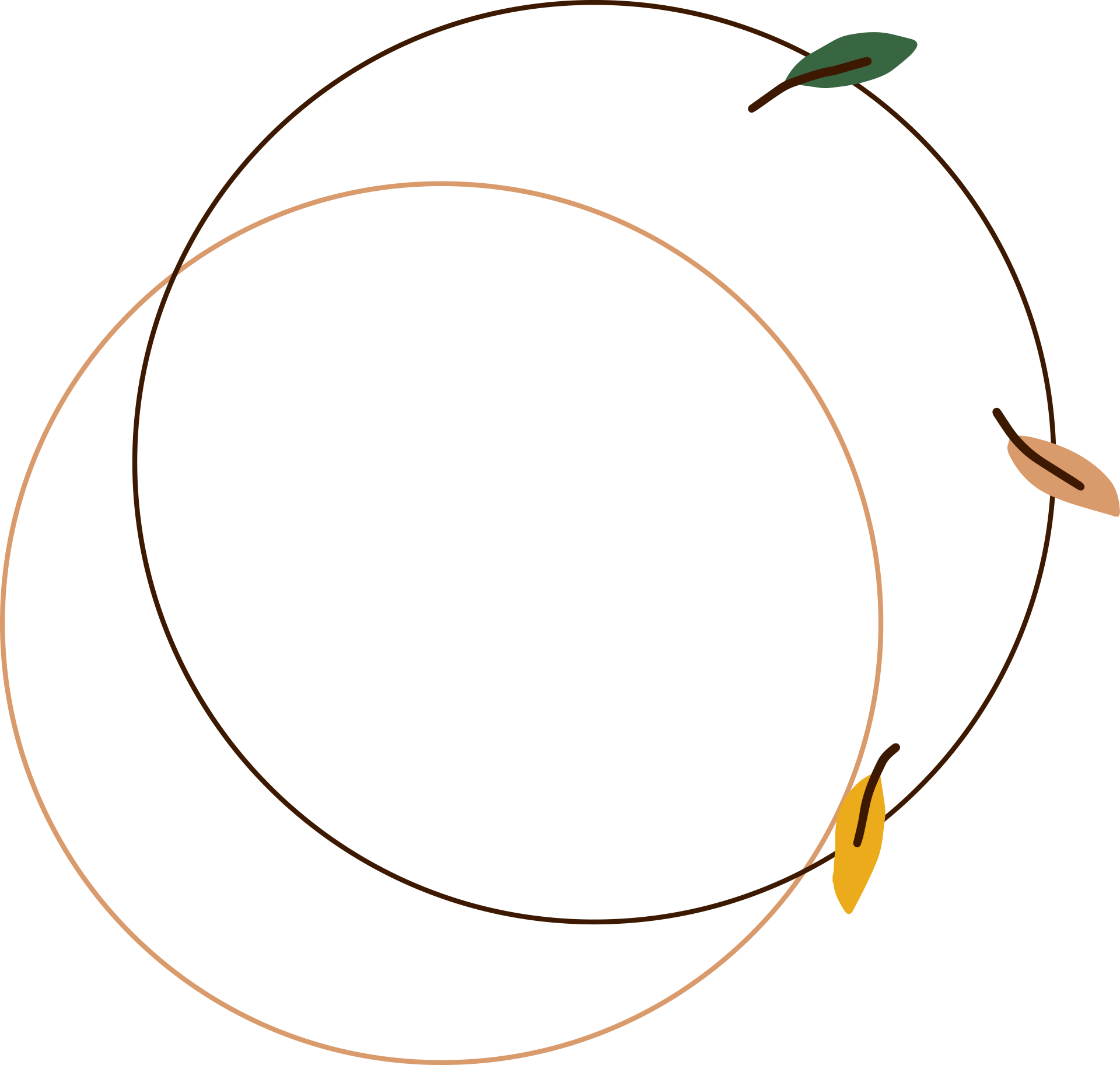
NORNet2023 | 4th Nordic Conference on Research on Transitions, Career and Guidance
Keynote speakers
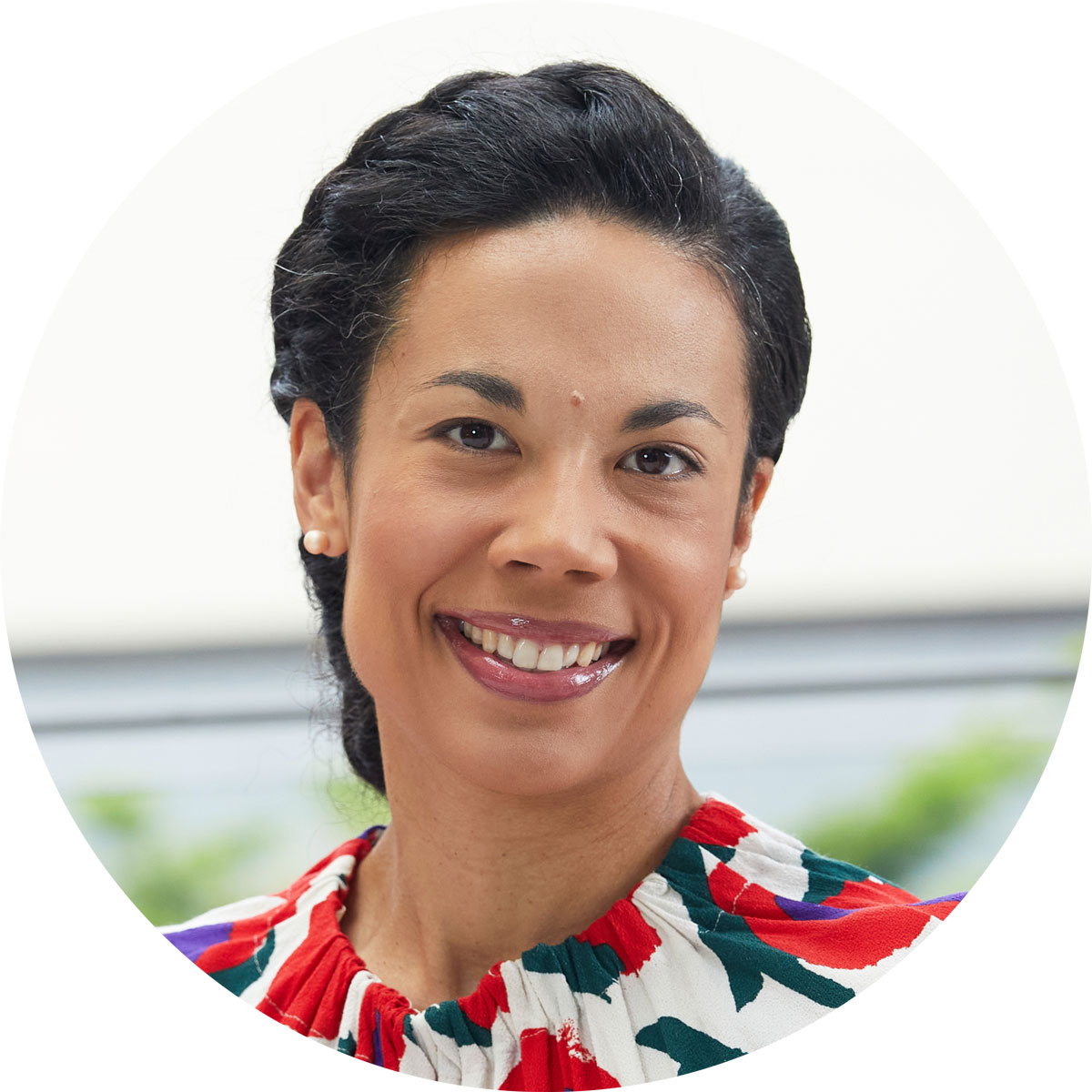
Shadia Rask, PhD
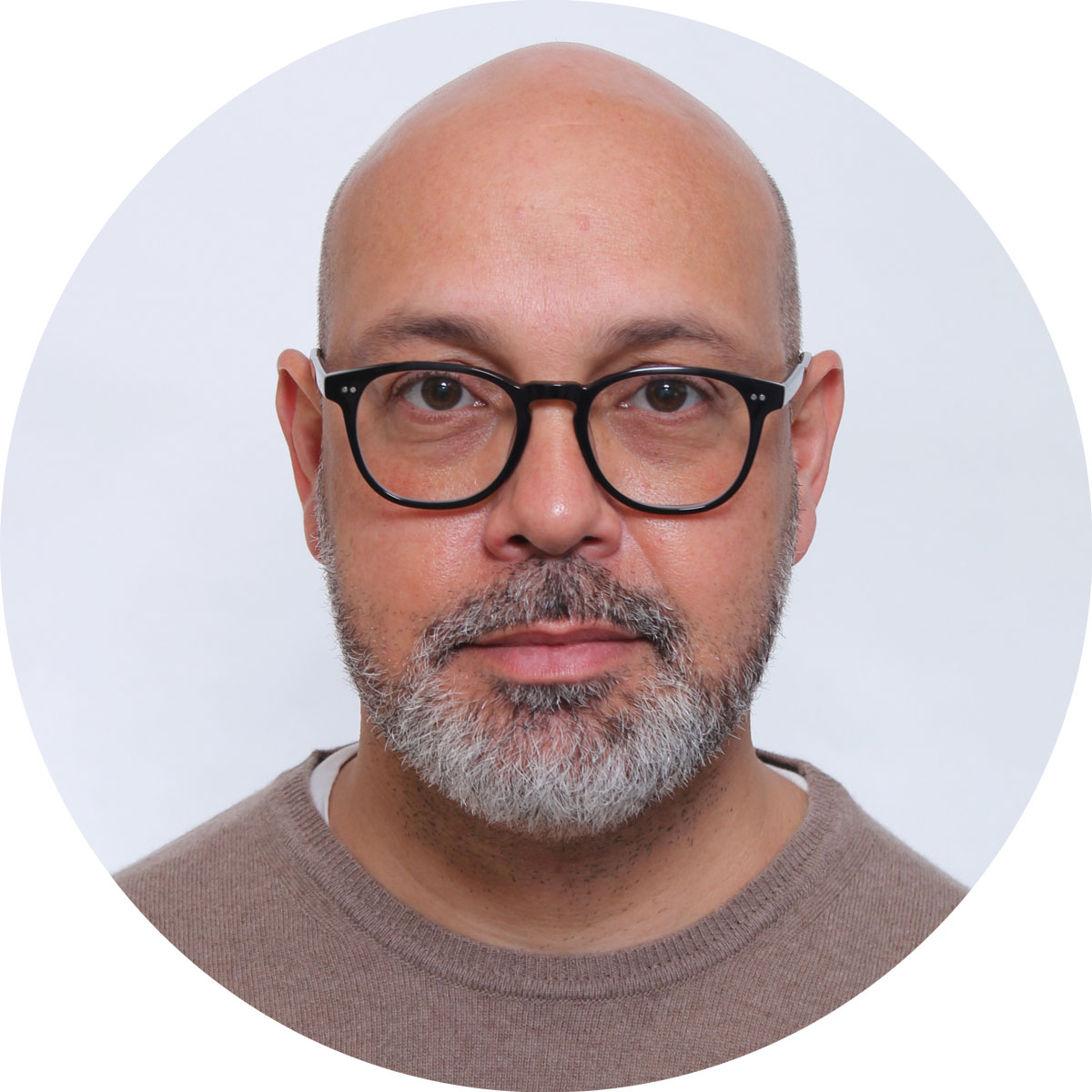
Marcelo Parreira do Amaral
Marcelo Parreira do Amaral is a professor of International and Comparative Education at the University of Münster and a visiting professor at the Centre for Research on Lifelong Learning and Education (CELE) at the University of Turku.
Professor Parreira do Amaral is a renowned scholar in Comparative and International Education. His research interests include education policy studies, comparative higher education and lifelong learning and life course. Parreira do Amaral has collaborated with and coordinated several national and international research projects, including the EU-funded projects ‘Constructing Learning Outcomes in Europe: A multi-level analysis of (under)achievement in the life course’ (CLEAR, Horizon Europe 2022–2025) and ‘Policies Supporting Young People in their Life Course. A Comparative Perspective of Lifelong Learning and Inclusion in Education and Work in Europe’ (YOUNG_ADULLLT, Horizon 2020, 2016–2019).
Professor do Amaral’s recent publications include ‘Landscapes of Lifelong Learning Policies Across Europe: Comparative Case Studies’ (Palgrave Macmillan, 2022); ‘Geopolitical Transformations in Higher Education’ (Springer, 2022); ‘Lifelong Learning Policies for Young Adults in Europe: Navigating Between Knowledge and Economy’ (Policy Press, 2020); ‘Researching the Global Education Industry: Commodification, the Market and Business Involvement’ (Palgrave Macmillan, 2019 ); ‘Governance of Educational Trajectories in Europe: Pathways, Policy and Practice’ (Bloomsbury Publishing Plc., 2016); and ‘Shaping the Futures of Young Europeans: Education Governance in Eight European Countries’ (Symposium Books, 2015).
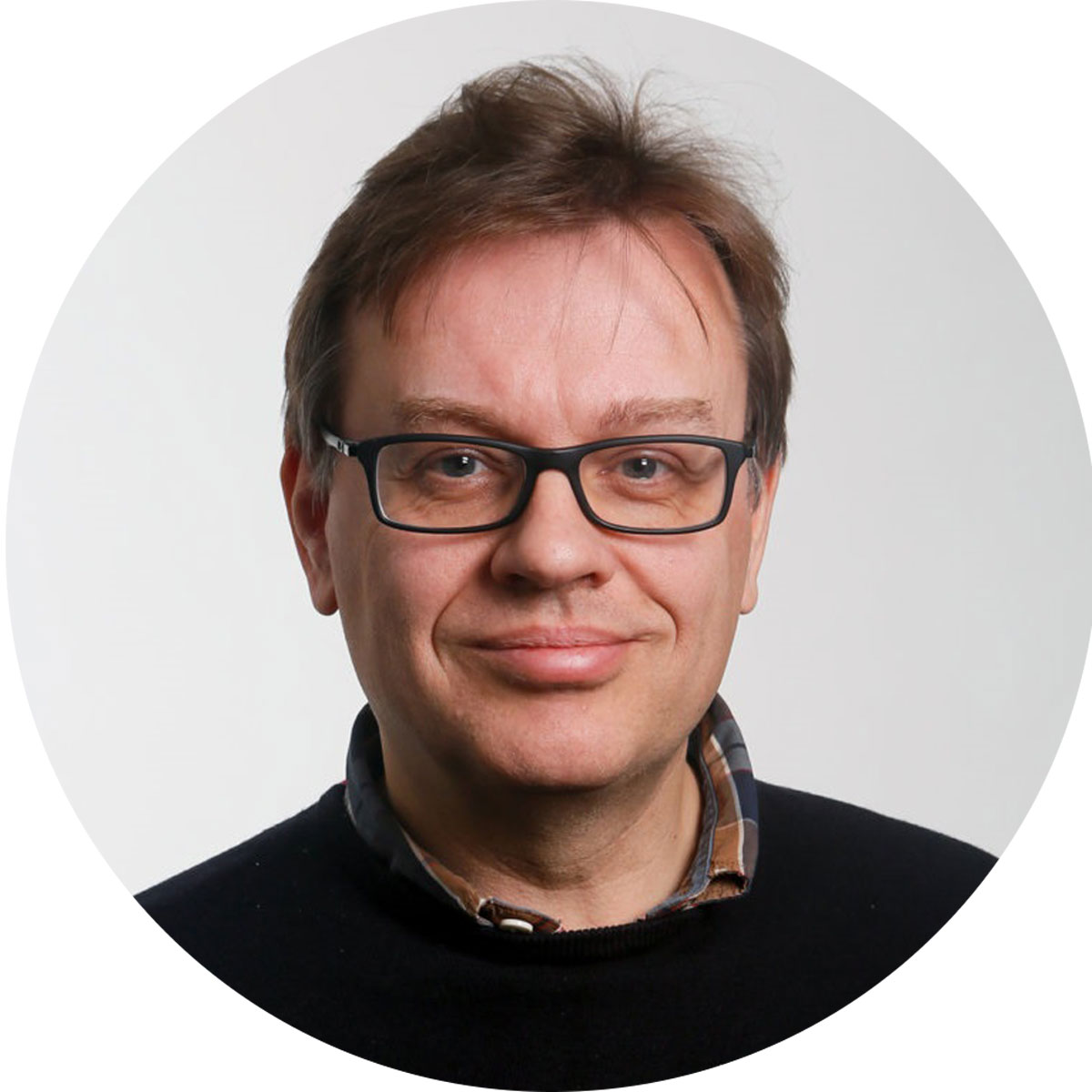
Tero Järvinen
Tero Järvinen is a professor of Learning and Education at the Department of Education / Centre for Research on Lifelong Learning and Education (CELE) in the University of Turku, Finland. His main research interests are related to comparative studies on educational and school-to-work transitions of young people as well as the education systems and policies governing these transitions. Järvinen has been involved in several international research projects on these topics, the most recent ones being ‘Constructing Learning Outcomes in Europe: A multi-level analysis of (under)achievement in the life course’ (CLEAR, Horizon Europe 2022–2025, www.clear-horizon.eu) and ‘Educational Systems, Learning and Social Change: A Comparative Longitudinal Study on Young People’s Educational Trajectories and Learning of the 21st Century Skills in Europe, Australia, South America and North America’ (EduSys, the Academy of Finland 2017–2021). In his recent publications, Järvinen focused on the questions of educational equality and cultural marginalisation as well as the educational aspirations and school disengagement of Finnish young people.
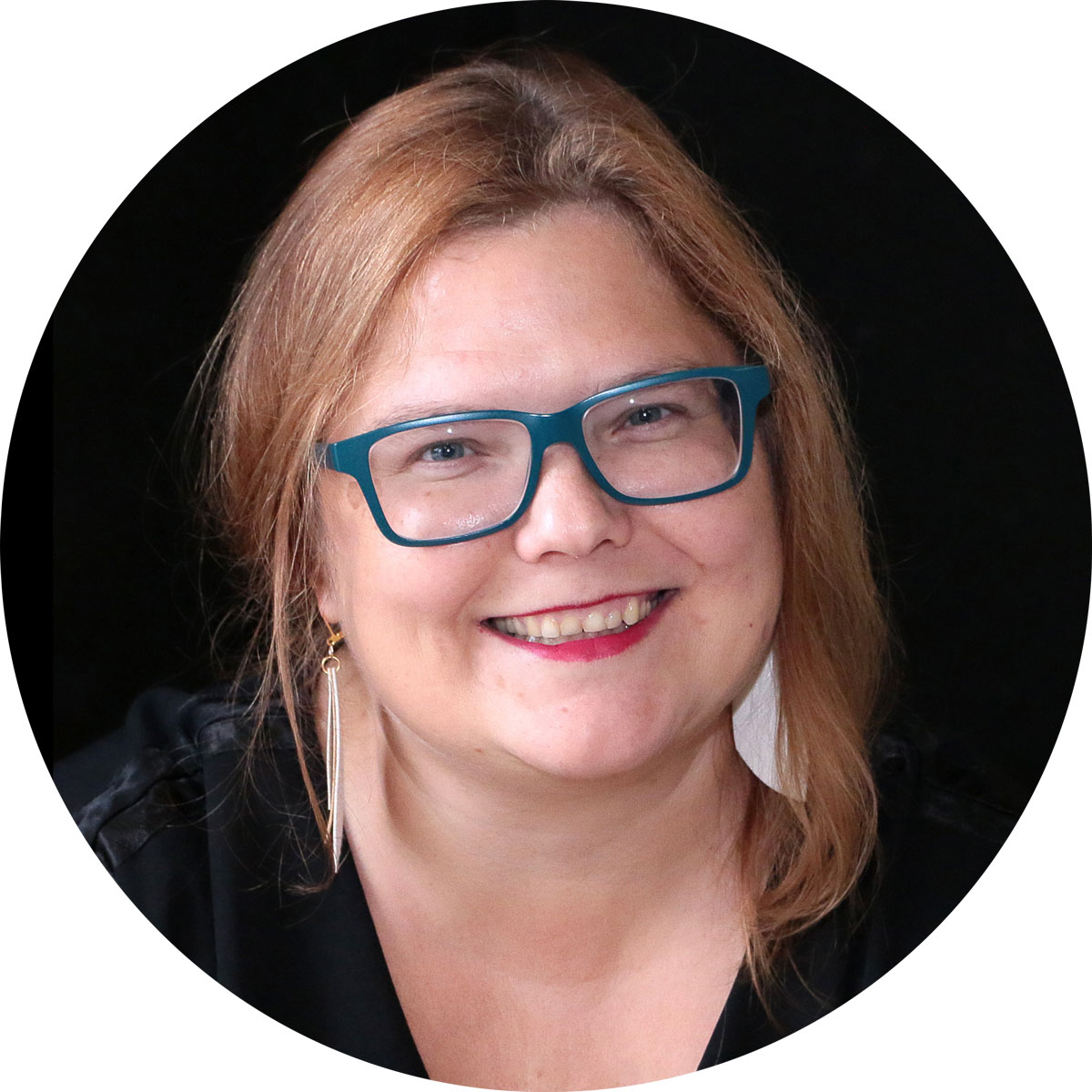
Dr Triin Roosalu
Dr Triin Roosalu is an Estonian sociologist working at Tallinn University as an associate professor. Her research mainly discusses conditions and factors of social inequalities (e.g. in the fields of work, education, lifelong learning and non-formal education). She has worked for research projects funded by the European Commission, such as ‘LLL2010 – Towards Lifelong Learning Societies in Europe: The Role of Education System’ (LLL2020.tlu.ee), ‘ENLIVEN – Encouraging Lifelong Learning for an Inclusive and Vibrant Europe’ (https://h2020enliven.org/) and PLUS -Platform Labour in Urban Spaces: Fairness, Welfare, Development’ (https://project-plus.eu/), and contributed to several policy-informing projects, including ‘REGE – Reducing Gender Wage Gap in Estonia’ and ‘Supporting Young People to Succeed – Building Capacities to Better Integrate Non-formal and Formal Learning in Estonia’. Her most recent projects explore the role of institutional settings on individual agency, participation and wellbeing in comparative perspectives, spanning the arenas of skill systems, platform work and environmentally sound production practices, such as ‘FEWL: Enhancing Research on the Integration of Formal Educational Programmes and Workplace Learning’ and ‘Matching skills: Capabilities, Organizations and Institutions’ (Skills2Capabilities; launching in 2023).
All the speakers will be physically on stage. So, if you are in the audience in Turku, you will see them live!

